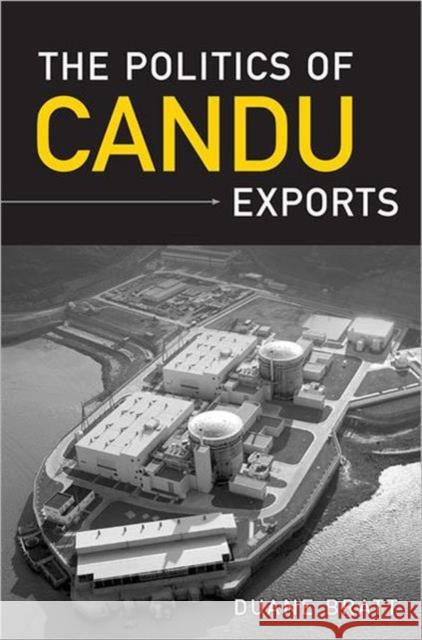The Politics of Candu Exports » książka
The Politics of Candu Exports
ISBN-13: 9780802090911 / Angielski / Twarda / 2006 / 336 str.
In The Politics of CANDU Exports, Duane Bratt provides a comprehensive history of the export of the Canada Deuterium-Uranium (CANDU) reactor - a pressurized heavy water natural-uranium power reactor designed and marketed by Atomic Energy of Canada Limited. Bratt examines every CANDU sale, as well as some important unsuccessful sales attempts, from 1956 to the present. He also outlines the impact that changes in the international political climate such as the creation and strengthening of the international nuclear non-proliferation regime, and the increasing importance of human rights and environmental protection, have had on CANDU exports over the last fifty years.Bratt's study attempts to develop a framework for understanding the ebb and flow of the influences of different foreign policy objectives on Canada's decision-making process. There are litanies of economic and political interests that Canadian governments have hoped to serve by exporting CANDUs, interests such as economic gain, containing communism, and assisting the developing world. Yet, Canada has additional foreign policy objectives such as national security, the protection of human rights, and preservation of the environment, which constrain the desire to export CANDUs. Furthermore, the nature of the debate surrounding CANDU exports has changed over time. Bratt shows that while the traditional debate over CANDU exports was between Canada's commercial interests and its security concerns, since the early 1990s a new debate focused on two separate planes of argument has emerged. The economic benefits of exporting the CANDU reactors are now weighed against the economic cost of extensive government subsidies; while the environmental benefits of CANDU exports are measured against the environmental costs of building and promoting nuclear power.











